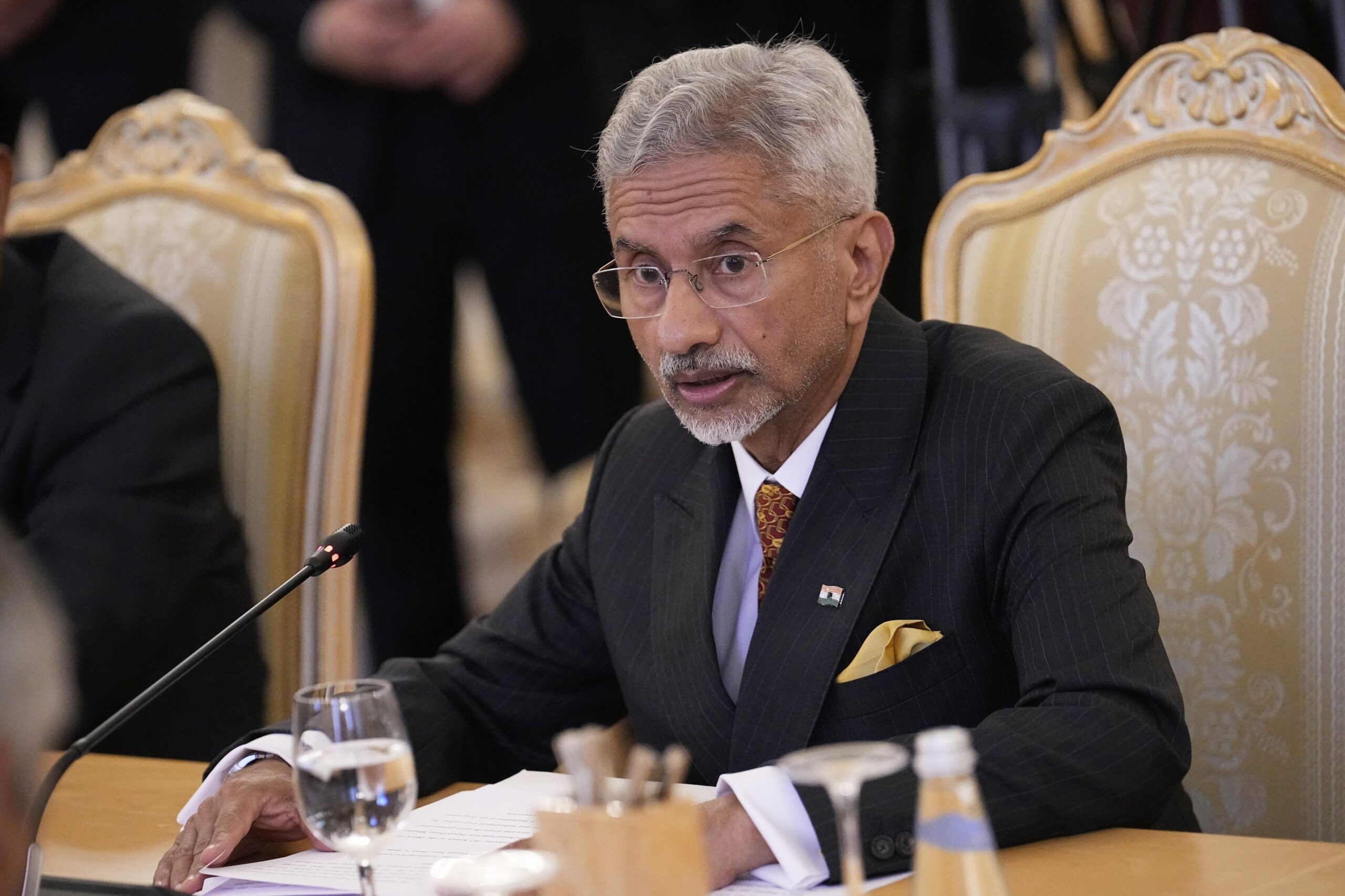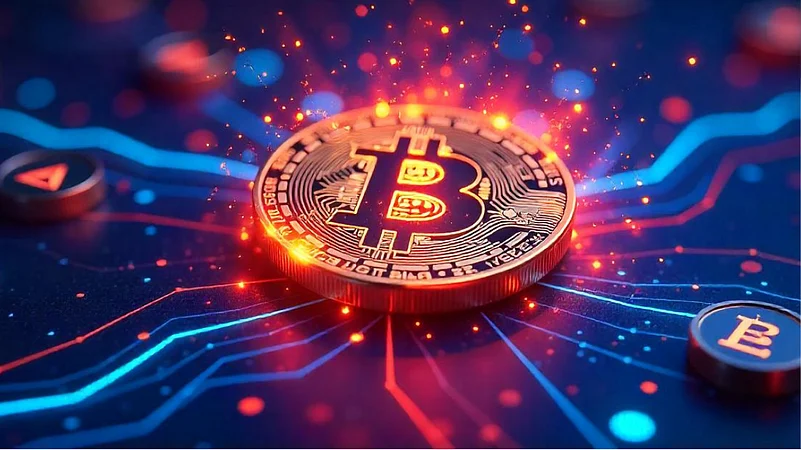Now Reading: Double Standards in Focus: Jaishankar Critiques U.S. Over Russian Oil, Delivers Stark Message on Terror
-
01
Double Standards in Focus: Jaishankar Critiques U.S. Over Russian Oil, Delivers Stark Message on Terror
Double Standards in Focus: Jaishankar Critiques U.S. Over Russian Oil, Delivers Stark Message on Terror

India’s External Affairs Minister has jolted global observers with a pointed callout of what he described as “double standards” by the United States on Russian oil imports. Speaking at a high-level diplomatic forum, he framed it as more than just trade hypocrisy—it’s about who wields power, who gets judged, and how terrorism is addressed.
The core message: hypocrisy or constraint?
Jaishankar challenged the narrative that India is uniquely culpable for importing Russian oil, arguing that some Western nations maintain similar ties all while publicly condemning others. He framed this as selective enforcement—where rules apply differently depending on who breaks them.
In the eyes of India’s foreign policy establishment, this critique also underscores a broader demand: for fairer global norms, and for nations to be held accountable consistently, not based on convenience.
Linking energy and geopolitics
Energy, inflation, food prices—these are not abstract issues in the current world order. Jaishankar connected them with diplomatic pressure, arguing that when powerful nations weaponize such essentials, smaller or middle nations suffer disproportionately.
He said that destabilizing energy markets or threatening essential imports only deepens inequalities. His comments reflect a sense of frustration that countries facing sanctions or scrutiny may also be victims of supply shocks or political pressure themselves.
Terror as a parallel battlefield
The minister didn’t stop at oil. He also addressed terrorism, warning against selective silence on terror acts. His message: if countries condemn some acts but ignore others, it undermines global security.
For India, which has long pushed for balanced approaches to terror and state accountability, this forms part of a consistent diplomatic posture—equally critical of all violence, regardless of who backs it.
Implications for diplomacy and global order
India’s tone signals a push for more multilateral reform. Jaishankar seems to suggest that institutions and alliances must realign so that emerging powers are not just on the receiving end of norms crafted elsewhere.
It also sends a signal about India’s growing willingness to call out bigger powers publicly. That willingness reflects a confidence borne of stronger global standing, but carries risks too: diplomatic pushback, critique, or pressure in return.
What Tier-2 readers should watch
In cities like Nagpur, Ranchi, or Kochi, people are increasingly following international diplomacy—not always on foreign policy journals, but through social media, news apps, and debates. Jaishankar’s remarks may be seen as bold, but they’re also part of India asserting a strategic voice.
These developments matter because they shape how India’s partnerships evolve—whether trade ties, energy deals, or security cooperation. In turn, these influence prices, inflation, and access to foreign capital, even in non-metro regions.
Conclusion
By accusing a major power of double standards and tying that to questions of terror and legitimacy, Jaishankar is pushing a narrative: global rules must be fair, not just favorable to the powerful. For India, and especially those watching from Tier-2 cities, it is a reminder that diplomacy and foreign policy are not distant—they ripple into everyday economics and national dignity.

























